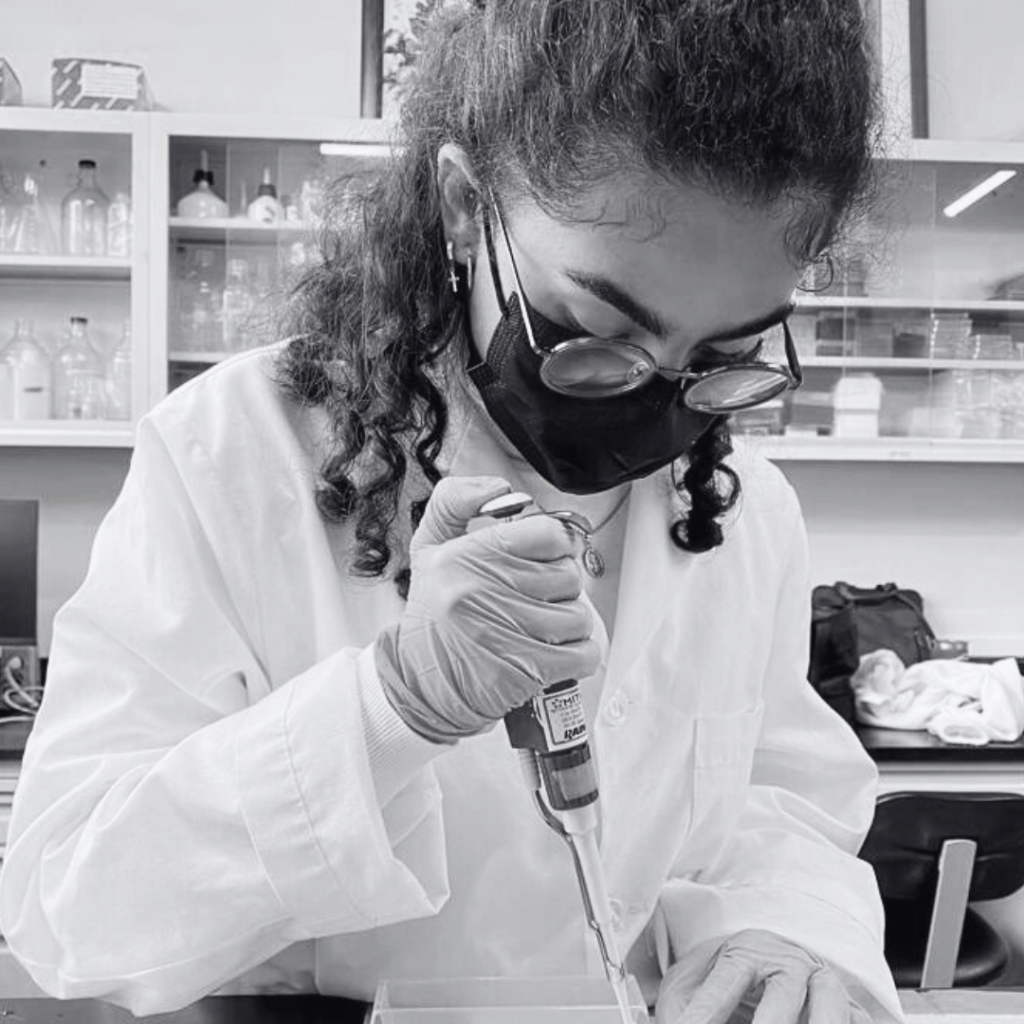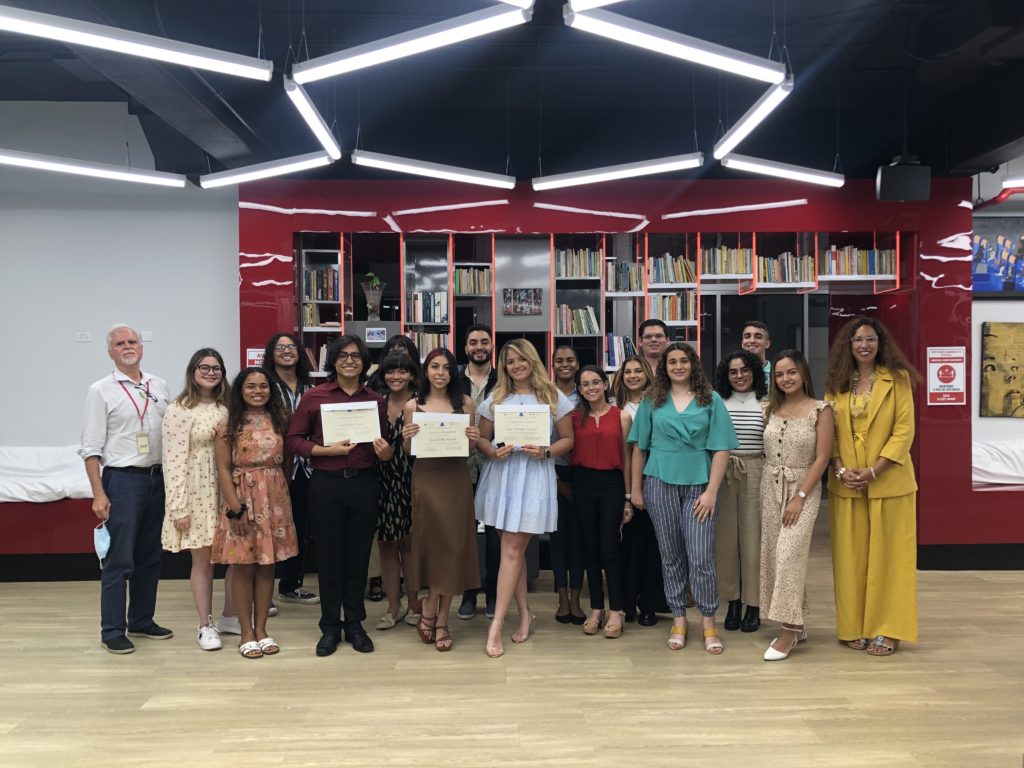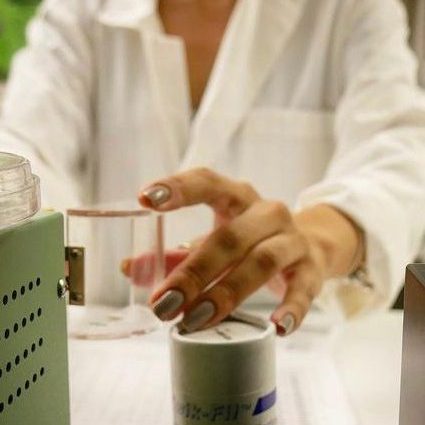Background
Undergraduate research training programs need to include experiences that go beyond bench work and poster presentations in order to increase the number of students that enter and complete PhD programs. The National Research Council and Institute of Medicine of the National Academies identified the lack of underrepresented minority basic and clinical researchers as an important issue that contributes to increasing in health disparities (Hahm and Ommaya 2006, National Academy of Sciences Report). In their report, opportunities to address clinical research workforce diversity needs for 2010, the committee stated that “those who belong to a group of interest are more likely to have a personal experience that will aid in the selection of testable hypotheses and methods appropriate to the population.” The integration of “research with a purpose” philosophy could help undergraduate student to better appreciate a research career in Neuroscience.
Neuroscience Research Opportunity to Increase Diversity (NeuroID)

Main Goal
The main goal of the program is to increase diversity in the Neurosciences by establishing a cohort of interested students that will receive academic and professional training in neuroscience related research and developmental activities. Specifically, the NeuroID program will be primarily training dedicated Hispanic undergraduate students, which at the end the program will pursue a research career in Neuroscience.
Core of the Program
NeuroID program provides undergraduate students with research experiences in Neuroscience. A comprehensive research experience based on an established research-with-purpose training philosophy that integrates research and community outreach activities, to enhance empathy, social responsibility and self-motivation skills. At the end, students will have the necessary research, academic and professional skills to succeed in a research career in neuroscience. These research experiences is over two years (junior and senior) where part of the research is under on-site mentors (in Puerto Rico) and summer research internships off-site (U.S.A) with collaborating institutions.

Training Plan
Today, scientists face very complex question and problems that require the integration of different disciplines in order to gain knowledge and propose possible solutions.
NeuroID’s training plan for the undergraduate students integrates an active academic program with the current practices of the research career. It includes the integration of biomedical and behavioral research activities to expose students to different aspect of Neuroscience research. The undergraduate students are selected from academic areas like: Biology, Chemistry, General Sciences and Psychology, allowing the exchange of, and exposure to, diverse research topics and interests.
Parallel to these experiences, students will participate in other activities aimed to strengthening their professional development and also at provide a strong understanding of the function and diseases of the nervous system. A novel part of the NeuroID program is the integration of components that will expose undergraduate students to the overreaching power of a scientific career through community outreach activities.
Mentoring
The mentoring program includes researchers at the UPR and universities in the Unites States that serve as support system, not only during the undergraduate training program but also through their graduate studies. The integration of “role-models” at the UPR and other universities in the Unites States will provide the selected students with the opportunity to exchange their experiences, difficulties and find answers to questions encountered in the course of their training as researchers.
All together, the NeuroID program will serve to develop and validate a combination of best practices and strategies to promote, enhance and strengthen the interest of undergraduate students for a research career in Neuroscience.
